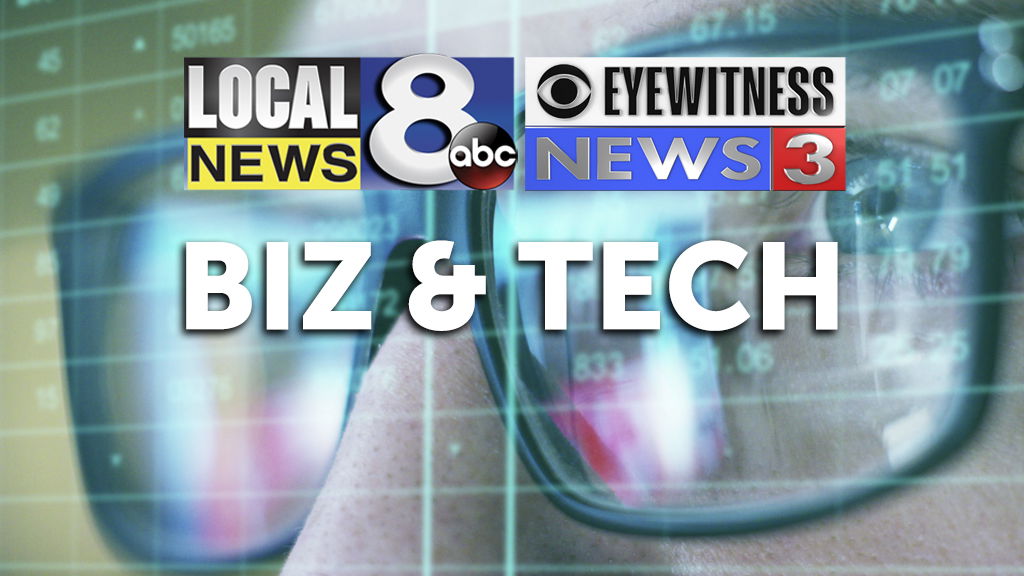Asian shares mixed after China says growth weakened in 2Q

By ELAINE KURTENBACH
AP Business Writer
BANGKOK (AP) — Share prices were mixed in Asia on Friday after China reported its economy contracted by 2.6% in the last quarter as virus shutdowns kept businesses closed and people at home.
Tokyo’s Nikkei 225 index added 0.6% to 26,797.47. The Kospi in Seoul was up 0.1% at 2,324.29 and shares also rose in India and Taiwan.
The Shanghai Composite index lost 0.2% to 3,273.87. Australia’s S&P/ASX 200 dropped 1.1% to 6,578.50 and the Hang Seng in Hong Kong declined 0.7% to 20,597.14.
Official data show the Chinese economy shrank by 2.6% compared with the January-March period’s already weak quarter-on-quarter rate of 1.4%. Compared with a year earlier, which can hide recent fluctuations, growth slid to a weak 0.4% from the earlier quarter’s 4.8%.
Anti-virus controls shut down Shanghai, site of the world’s busiest port, and other manufacturing centers starting in late March, fueling concerns global trade and manufacturing might be disrupted. Millions of families were confined to their homes, depressing consumer spending.
More outbreaks this week in China and elsewhere in Asia have raised worries that COVID-19 controls might be restored, on top of existing precautions.
On Thursday on Wall Street, the S&P 500 fell 0.3% to 3,790.38. Nearly three out of every four stocks in the benchmark index finished in the red. The Dow Jones Industrial Average fell 0.5% to 30,630.17. The Nasdaq rose less than 0.1%, to 11,251.19.
Small-company stocks fell more than the broader market in another signal that investors are worried about economic growth. The Russell 2000 fell 1.1% to 1,707.51.
Banks had some of the biggest losses and weighed heavily on the market. JPMorgan Chase fell 3.5% after reporting a sharp drop in earnings for its latest quarter, falling short of forecasts. CEO Jamie Dimon stuck by his warning earlier this summer that a “hurricane” may be headed for the economy.
“I haven’t changed my view at all,” he said in a conference call with journalists. “The negatives I pointed out, the risks in the future, are still the same risks. They’re nearer than they were before.”
Wall Street has been assessing the latest government reports showing that inflation remains hot and shows no signs of cooling, even as central banks try to loosen its grip on businesses and consumers by hiking interest rates.
Inflation and the Federal Reserve’s fight against it remain key concerns for investors. Inflation at the wholesale level climbed 11.3% in June compared with a year earlier. It is the latest painful reminder that inflation is running hot, following a report on Wednesday that showed prices at the consumer level were 9.1% higher last month than a year earlier.
Pervasive inflation has been squeezing businesses and consumers for months and the Federal Reserve has moved aggressively to try to bring prices down by raising interest rates. That has raised concerns that it could go too far and actually cause a recession.
But markets have been bracing for this for months, buying on dips and looking for silver linings.
“Within the gloom, buyers are attempting to seek for some pockets of optimism. Guidance for economic conditions from the major U.S. banks point towards an impending slowdown, but it came with some downplaying of risks of a severe U.S. recession with strength in consumer spending and labor market,” Jun Rong Yeap of IG said in a report. .
The yield on the 10-year Treasury, which affects mortgage rates, was at 2.94% early Friday. It remains lower than the two-year Treasury, which is at 3.12%. That’s a relatively rare occurrence, and some investors believe it augurs a potential recession.
The Fed has already raised rates three times this year and traders are increasingly expecting a monster rate hike of a full percentage point at the central bank’s next meeting in two weeks. Traders are betting on a 44% chance of a full-point hike, up from zero a month ago, according to CME Group.
Christopher Waller, a member of the Federal Reserve’s Board of Governors, said Thursday that he would be open to supporting such a move if upcoming economic data points to robust consumer spending.
Investors are will get a clearer picture in the coming weeks about how badly inflation is hurting companies. Several more banks are on deck to report earnings Friday, including Citigroup and Wells Fargo, along with insurer UnitedHealth Group.
In other trading Friday, U.S. benchmark crude oil gained 65 cents to $96.44 a barrel. It lost 52 cents to $95.78 a barrel on Thursday.
Brent crude, the pricing basis for international trading, added 90 cents to $100.00 a barrel.
The U.S. dollar rose to 139.05 Japanese yen from 138.94 yen. Rising U.S. interest rates have continued to push the dollar higher against other major currencies in countries where rates have not risen or have lagged the hikes by the Fed.
The euro rose to $1.0027 from $1.0020.
___
AP Business Writer Joe McDonald in Beijing contributed.
